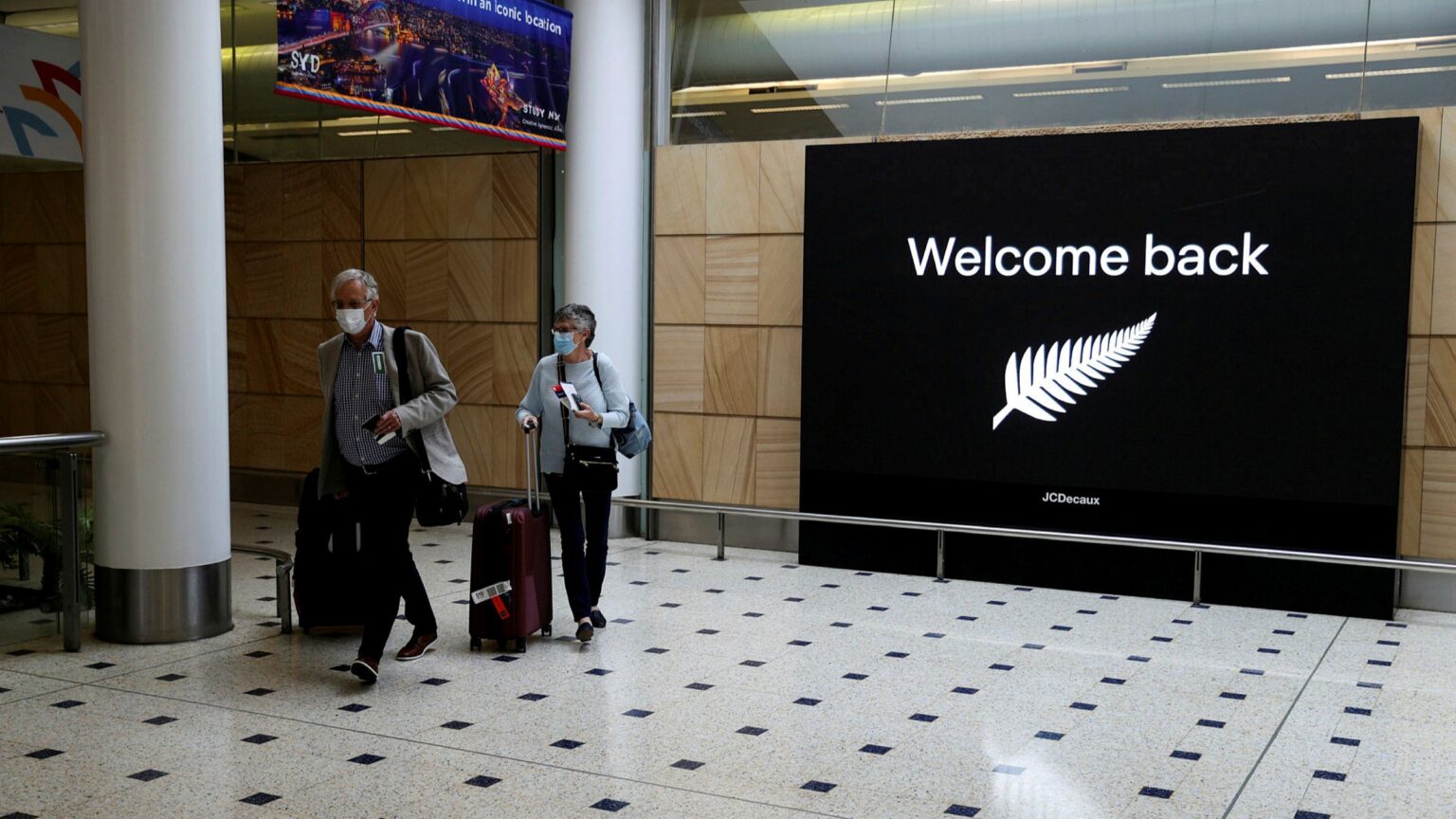For the first time since they were unexpectedly closed to keep Covid-19 out in March 2020, New Zealand has fully reopened its border. After the final part of the gradual reopening, which started in April, was finished on Sunday night, the prime minister, Jacinda Ardern, declared the country “open for business.”
Omicron’s arrival put an end to New Zealand’s border reopening strategy, which was first

New Zealand will once more welcome visitors from all across the world, including those arriving by boat, those with student visas, and those from nations without a visa waiver like China and India.
Arrival terminals at New Zealand’s international airports have been sealed in abandoned buildings for almost two years. The country’s borders have been blocked, except for a fleeting transit bubble with Australia.
Those who were fortunate enough to gain admission were escorted to government-managed isolation and quarantine facilities for an expensive two weeks spent alone in a hotel room.
There are no quarantine rules, although the majority of visitors will still need to be properly vaccinated. The nation’s marine border has also been restored, allowing cruise liners and international pleasure yachts to dock. A planned gradual reopening was first introduced by New Zealand in February.
It permitted vaccinated citizens to leave Australia that month and to come back from overseas in March. Despite estimates from Immigration New Zealand that visitors are more likely to seep – rather than rush – in over the next few months, tourism operators, enterprises, and educational institutions have welcomed the news.
According to data from Johns Hopkins University, the full reopening occurs at the same time as New Zealand is one of the top seven nations in the world for average daily confirmed Covid cases per 100,000 people.
According to a University of Auckland study published last week, the reopening of the border might result in a four-fold increase in foreign-seeded Covid-19 cases, which would place additional strain on the health system.
The harsh Covid regulations in New Zealand had a particularly negative impact on the tourism industry. The industry’s share of the GDP decreased from 5.5 percent to 2.9 percent in the year ending March 2021.
According to official figures, the value of international tourism fell by 91.5 percent, or NZ$16.2 billion, to NZ$1.5 billion. Over 72,000 fewer persons were directly employed in the tourism industry during this time.













